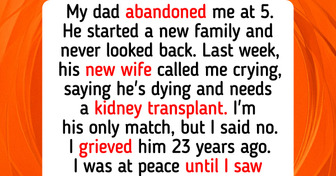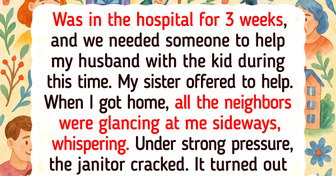16 Touching Stories That Capture the Chaos and Beauty of Blended Families

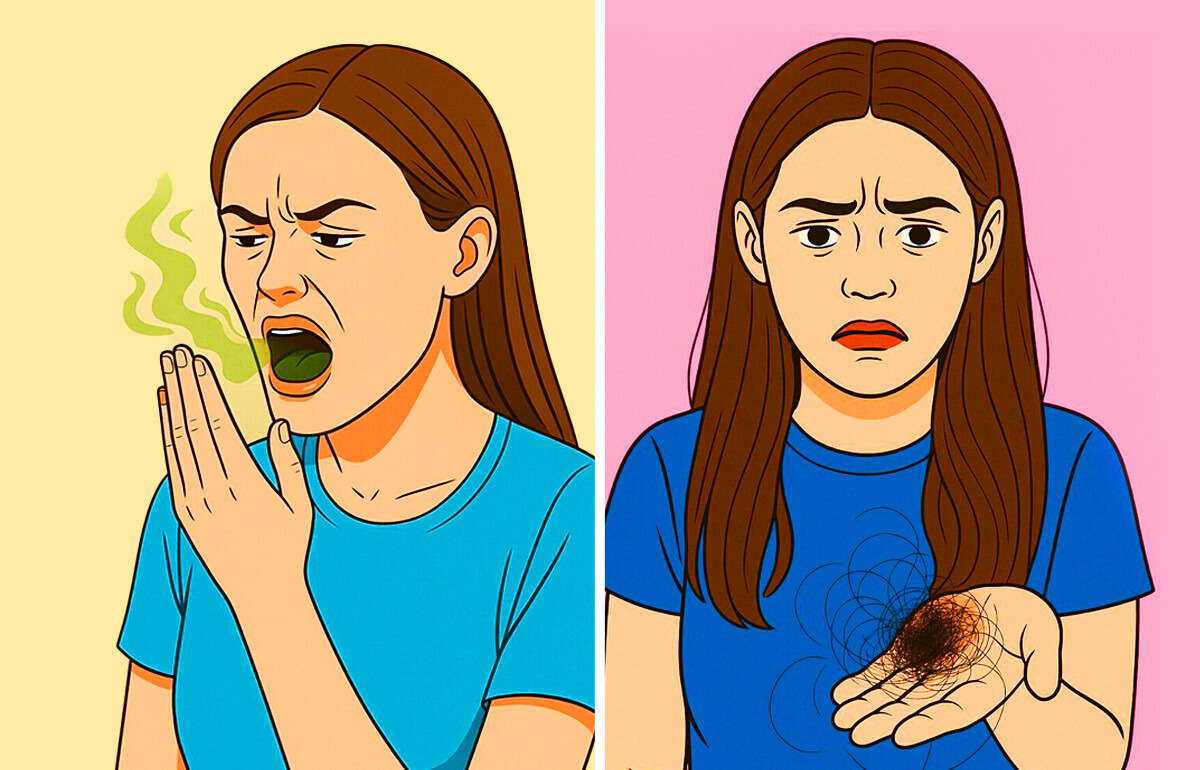
Think stomach ulcers always come with sharp stomach pain? Think again. Many ulcers fly under the radar, showing up as weird, unusual symptoms you’d never link to your gut. They might be your body’s quiet warning that something’s wrong. If you’ve been feeling “off” lately, your stomach health could be the hidden culprit.
CONTENT IS PROVIDED FOR INFORMATIONAL PURPOSES ONLY AND IS NOT INTENDED AS A SUBSTITUTE OF MEDICAL ADVICE.
SEEK GUIDANCE OF YOUR DOCTOR REGARDING YOUR HEALTH AND MEDICAL CONDITIONS.

If your hands and feet feel like ice while everyone else is comfortable, it might not just be poor circulation; it could be your body hinting at a hidden stomach ulcer. Ulcers can cause slow, chronic internal bleeding, leading to iron-deficiency anemia. That means less oxygen gets delivered through your bloodstream, especially to your extremities.
The result? You’re bundled up in June, wondering why your fingertips feel like frostbite.

Brushing, flossing, and mints. Nothing seems to fix that weird, sour smell lingering in your mouth? It might not be a dental problem at all; it could be your stomach talking.
Stomach ulcers, especially those caused by the bacteria Helicobacter pylori, can mess with your digestion and sometimes result in sulfur burps with a distinct rotten egg odor. It’s not just unpleasant, it’s a red flag.

Stomach ulcers, especially bleeding ones, can cause iron-deficiency anemia and mess with nutrient absorption. That means your body isn’t getting enough of the vitamins and minerals it needs to keep your hair strong and growing.
The result? Hair that thins, sheds more easily, or just looks dull and lifeless.
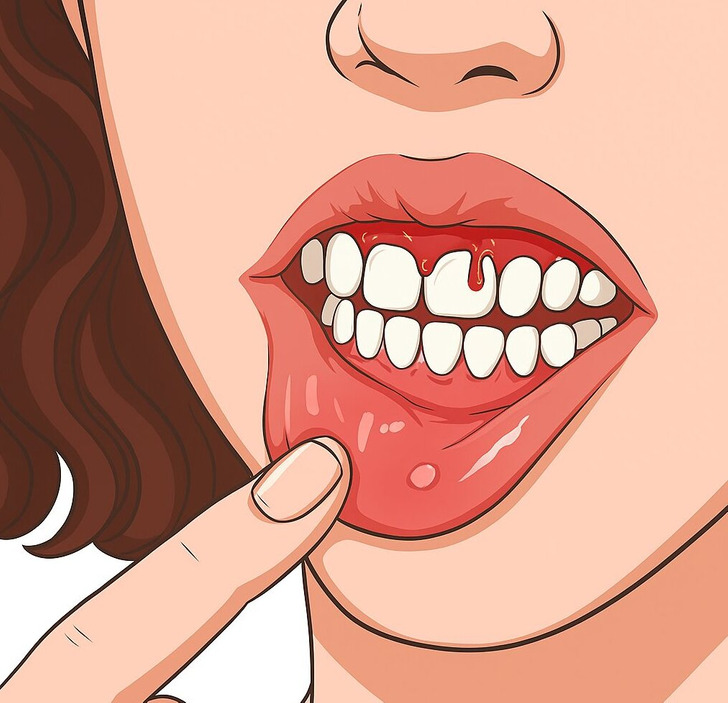
If your gums bleed easily when you brush or floss, and it’s not just because you’ve skipped a few days of brushing, it could be a sign of something more serious. When bacteria build up in your mouth, they can cause gum disease. But those same bacteria don’t always stay in your mouth. You can swallow them, and some may reach your stomach and increase the risk of ulcers.
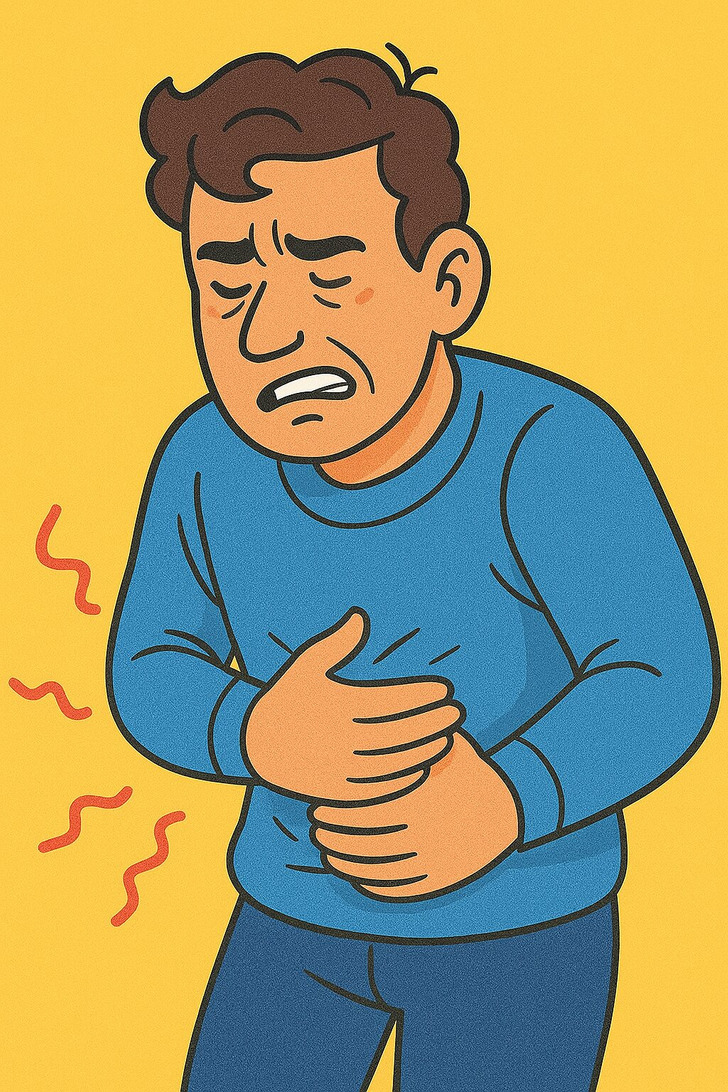
A stomach ulcer can mess with how your stomach digests food and cause it to make more acid than usual. That extra acid can lead to more gas, which means more burping or feeling bloated. Also one of the common symptoms of a stomach ulcer is persistent stomach pain, often described as a burning or gnawing sensation.
Lastly, your urine isn’t just waste—it’s a daily health report. Changes in color, smell, or consistency can reveal everything from dehydration to hidden illnesses, so don’t ignore what your pee is trying to tell you. Check more here.



